Evaluating Early Childhood Education in National Education Policy 2020
Dr. Jyoti is a professor at Delhi University.

In this article, Professor Jyoti Raina and 4th-year student-teacher, Cheshta Abrol, in the Department of Elementary Education, Gargi College, discuss the most visible proposal of the National Education Policy (NEP) 2020: Introduction of early childhood education in the formal school system.
The French enlightenment theorist Jean-Jacques Rousseau (1712-1778) is considered the father of child-centred perspectives in educational theory. His educational novel Emile, or, On Education (1762) is regarded as the classical treatise on shifting the centre of education from books to the child. He proposed a romantic view of child nature; endowing the child with inherent educability, perfectibility and capacity to learn on his own; rendering books and teachers unnecessary. Education was conceptualized as a child-centred process of learning from nature. His writing is a landmark in the history of ideas pioneering a wave of child-centred educational theories and practices in school education.
Swiss pedagogue Johann Heinrich Pestalozzi (1746-1827) shared Rousseau’s assumptions about child nature proposing an epistemology of sense realism which believes that children learn by their sensory empirical experience of the world. His educational novel Leonard and Gertrude (1781) is another classic in educational theory presenting his vision of how to educate young children. Unlike Rousseau, his contribution has been to both educational theory and practice as he set up farm schools in various towns of Europe (Neuhof, Burgdorf and Yverdon; in Germany and Switzerland) in his time. The Pestalozzian method consists of educating the head and the heart through object lessons. In many ways the genesis of notions of pedagogy, teacher training and learning by doing originate from his works.
The Italian physician Maria Montessori (1870-1952) drew inspiration from the writings of both Rousseau and Pestalozzi. During the course of her clinical experience with mentally disturbed children, she discovered the salience of child-centredness in education. Her study of the behaviour of children with learning difficulties convinced her that they were perfectly educable provided the interventions were made in early childhood. According to her, there existed a fundamental gap in Rousseau and Pestalozzi’s theories which is that neither paid any attention to early childhood education. Montessori argued that early childhood education needs to be the basis of children’s education. She proposed her educational vision in The Absorbent Mind (1949), The Secret of Childhood (1936) and The Montessori Method (1909).
Maria Montessori proposed the Montessori method in which the early years from 3 to 6 years of age of a child’s life were viewed as a critical period for learning. She termed this stage of life as ‘sensitive periods’ arguing that if the love of learning is not cultivated at a young age it is difficult to learn later in life. Her pedagogic approach replaces the authoritarian teacher with a ‘directress’ who facilitates children’s learning, a conventional classroom with a prepared environment which sets up activities for children to learn from and self-discovery of knowledge using the specialised Montessori apparatus. The Montessori curriculum begins by attaching value to teaching children simple, practical, everyday activities like tying shoe laces, buttoning clothes and maintaining personal hygiene. She believed that,
Our work is not to teach, but to help the absorbent mind in its work of development. How marvellous it would be if by our help, if by an intelligent treatment of the child if by understanding the needs of his physical life and by feeding his intellect, we could prolong the period of functioning of the absorbent mind!
Montessori, 1949:22
Her ideas were carried worldwide during her own lifetime and Montessori schools were established in most societies in different countries. The Montessori method has its detractors who assailed the Montessori apparatus as a constraint upon the child’s freedom and creativity. Her contribution to the idea of early childhood education as an accepted, essential and valuable aspect of school practice remains unparalleled.
NEP 2020: Reinvigorating older ideas
A thrust on early childhood education has come to the fore only in the 3rd national policy of independent India: NEP 2020. Arguably, the most visible recommendation of NEP 2020 is the inclusion of early childhood education in formal schooling for the first time in the history of modern Indian education. The policy rationale for Early Childhood Care and Education is that it is the very foundation of learning, since,
Over 85% of a child’s cumulative brain development occurs prior to the age of 6, indicating the critical importance of appropriate care and stimulation of the brain in the early years in order to ensure healthy brain development and growth.
GoI, 2020:7
The votaries of early childhood education have welcomed this proposal as a progressive step forward in the direction of making India’s education system ‘second to none by 2040’. The policy recommends the restructuring of the school education from the current 10 + 2 system to a new 5 + 3 + 3 + 4 imagination adding one more year to formal school education. The first five years have been termed as the Foundational stage and the next three years as the Preparatory level. The policy goes as far as to recommend that school education should begin at 3 years of age. The policy-text states,
In the new 5+3+3+4 structure, a strong base of Early Childhood Care and Education (ECCE) from age 3 is also included, which is aimed at promoting better overall learning, development, and well-being (Ibid).
NEP 2020 lays a great deal of emphasis on the terms foundational literacy and numeracy. These have been considered essential to the improvement of learning outcomes; the low levels of which have been a centre-stage educational concern in recent decades. Large-scale surveys and learning achievement assessments have demonstrated very poor learning outcomes among young children in grades III, V and VIII. An emphasis on foundational literacy and numeracy is hailed as the panacea to improved learning outcomes among school children. The aim at the foundational level is to equip children with literacy and numeracy by the time they are in grade III.
Attaining foundational literacy and numeracy for all children will thus become an urgent national mission, with immediate measures to be taken on many fronts and with clear goals that will be attained in the short term (including that every student will attain foundational literacy and numeracy by Grade 3)
GoI, 2020:8
The policy emphasis on the early acquisition of literacy and numeracy is premised on the understanding that delay will be detrimental to children’s learning in lower and upper primary grades. Research evidence about the nature and type of early childhood education that is beneficial to children’s development is not equivocal. It is argued that a ‘child’s search for meaning is a far sounder basis for learning to read than mechanical practices like letter recognition and associating letters with their names and sound values’ (Kumar, 2020). Maria Montessori conceptualised early childhood education not as hurried literacy or numeracy even though reading, writing and arithmetic were part of the Montessori curriculum. Her approach was aligned more with cultivating a willingness to learn as a form of peace education. The notion of foundational learning is closer to her ideals. However, the distinction between foundational learning; and foundational literacy and numeracy is not explicit in NEP 2020 policy text. In several educationally advanced countries like Finland, Sweden and South Korea; which are ranked high in international educational assessments like PISA (Program for International Student Assessment), in recent years, children start school as late as 6 or even 7 years of age.
Another pitfall of the renewed policy emphasis is that it can exacerbate the public-private divide in our differentiated, fragmented and hierarchical school system, particularly in the existing pre-primary education sector. The pre-primary departments conducting nursery and kindergarten classes already exist in private schools. The provision is absent in the government school system which starts from grade 1. If early childhood education has to become a leveller within school education then is the state in a position to commit the necessary financial resources for the added inputs? In view of the historical failure of the state during the post-independence years to provide elementary education to all the children of the country, it is difficult to take this ambitious promise of early childhood education seriously (Govinda, 2020).
NEP 2020 recommends sending children to a formal school at the tender age of three. This proposal is fraught with the risk of homogenising childhood. The young children come from diverse social, cultural, and linguistic backgrounds coupled with regional imbalances. By herding them into schools and classrooms the challenge of rendering classrooms inclusive by including the worldviews, epistemologies and experiences of the very young in the school space is compounded. The components of quality in early childhood education, its various provisions and their regulation need thorough-going study before putting such proposals into practice. The issues of access, equity, quality and budgeting have remained key concerns in elementary education. Before the nation formalises the childhood of its young children an exploration of these vital issues with special reference to proposed recommendations related to the foundational level of education is a policy-relevant research-worthy theme in our nation’s educational trajectory.
References
- GoI.2020. National Education Policy 2020. New Delhi: Ministry of Human Resource Development, Government of India.
- Govinda, R. (2020). ‘NEP 2020: A Critical Examination’, Social Change, 50(4) 603–607.
- Montessori, M. (1949). The Absorbent Mind. Madras India: The Theosophical Publishing House.
- Kumar, K. (2020). Perils of prematurely imparted literacy, The Hindu, August 27, 2020.


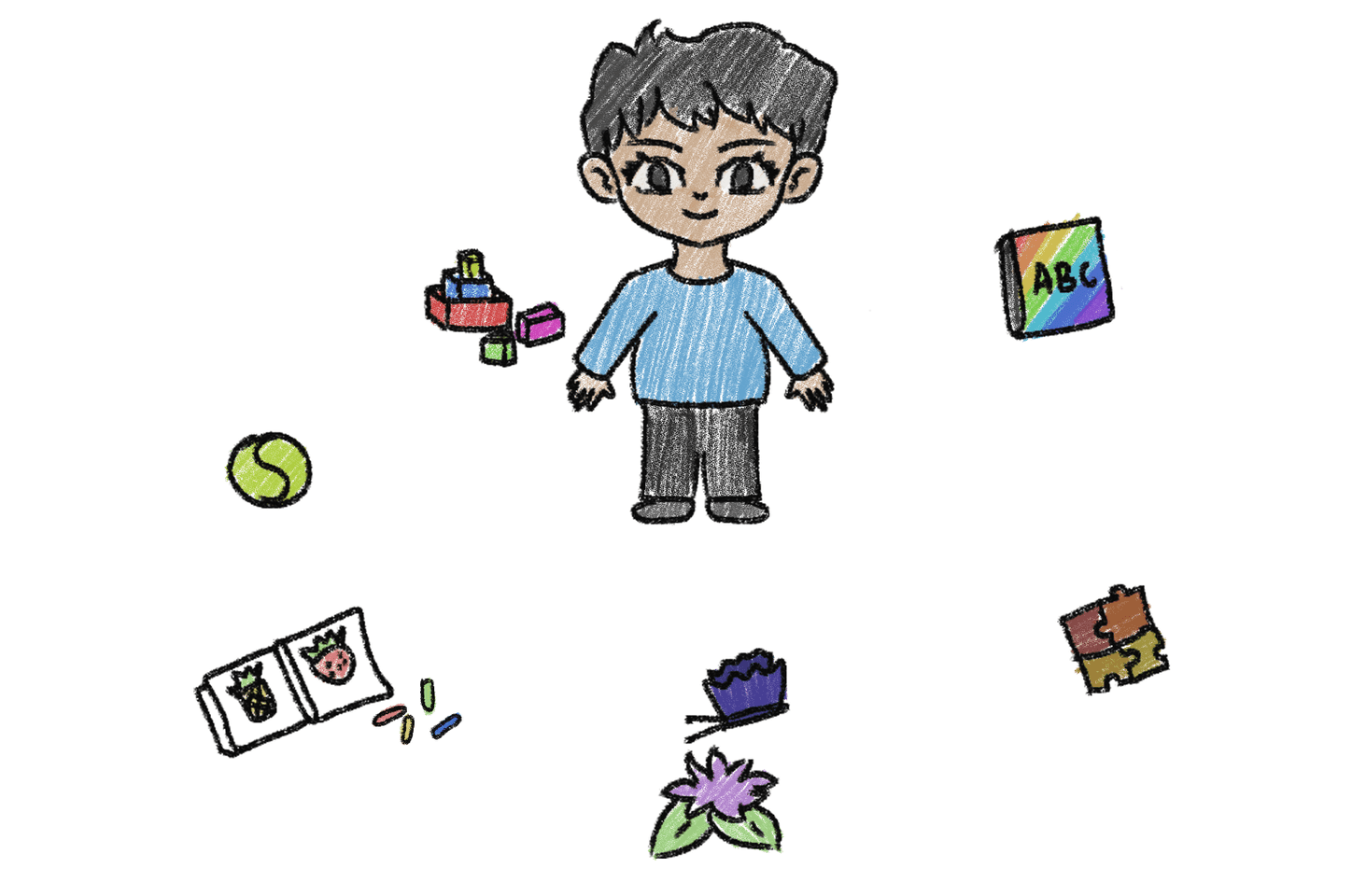
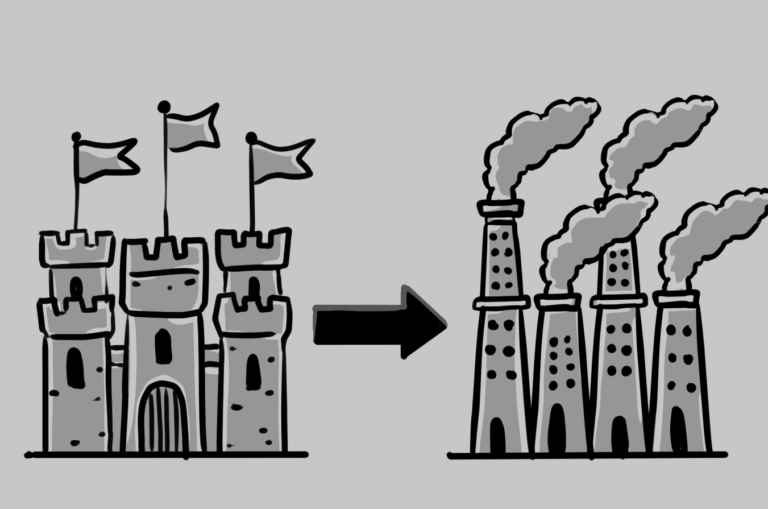
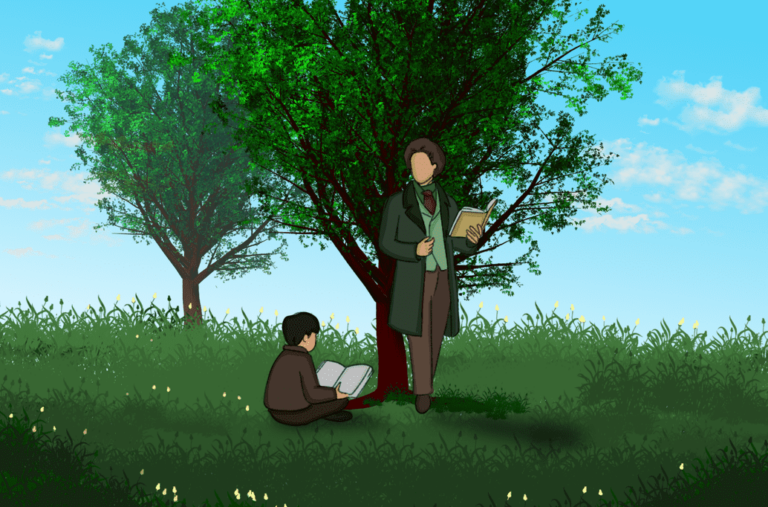
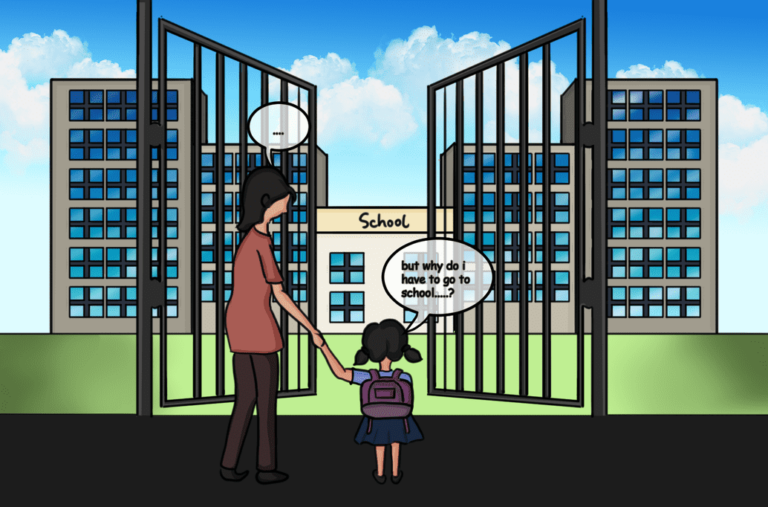
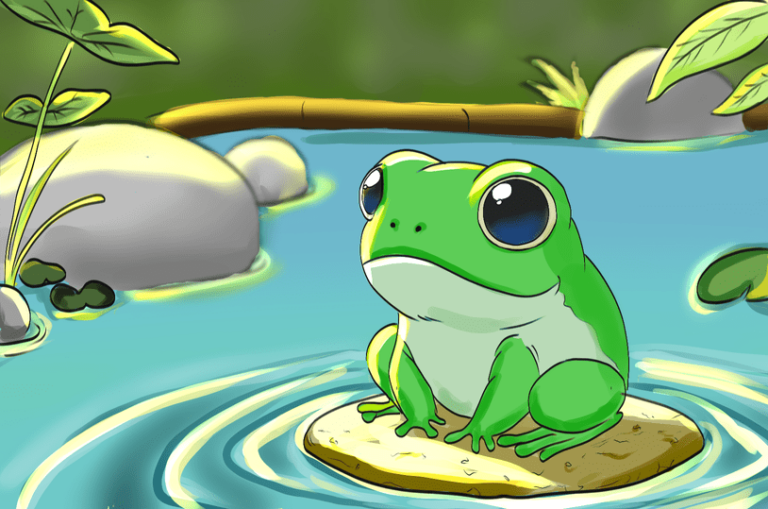
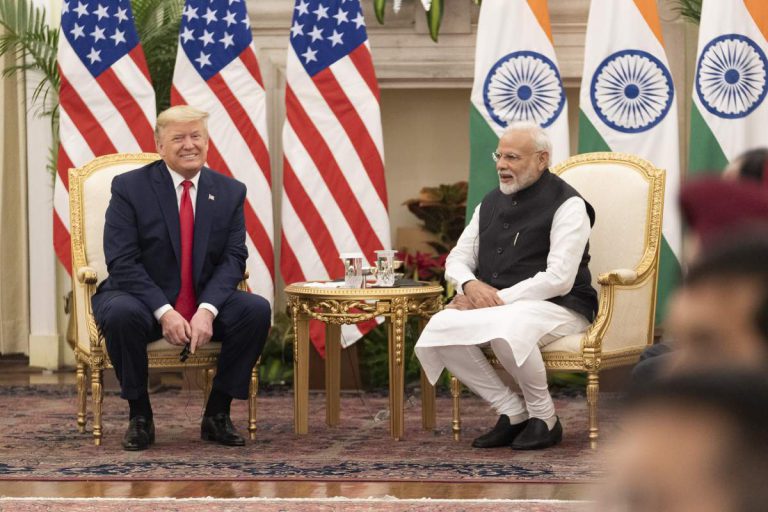
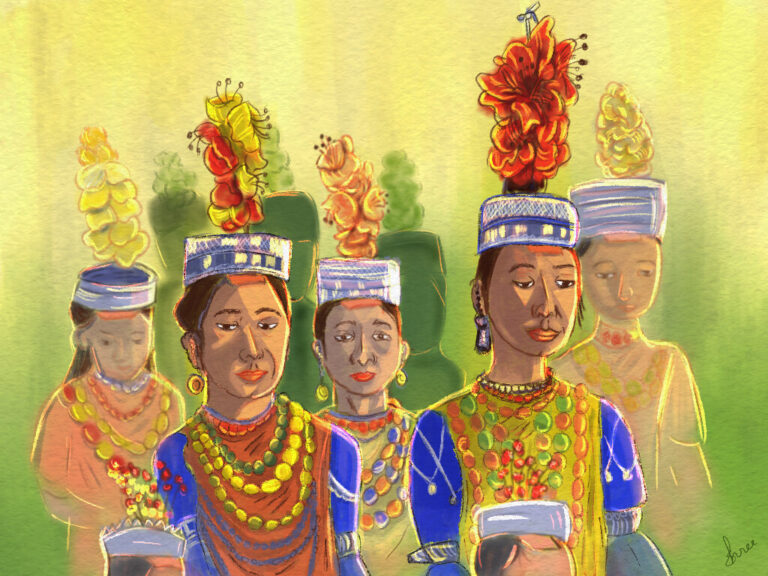
Well written….the dangers of a hurried approach to foundational literacy cannot be undermined…young.children need to play…free play is cognitive development for them.
The first 3 paragraphs of the article really helped me to get a clear idea about the difference between the ideas of the 3 European theorists.
I also got to know about the NEP 2020 and it’s relation with the Ideas of Maria Montessori .
Also, the article highlights the idea, challenges and disadvantages of NEP which helped me in getting a clear overview of the policy and somewhere showed that the idea of the policy is still not ready for execution and require many changes right now.
The article is interesting and easy to understand.
Thank You !
I totally agree with you @mansi
I find this article very briefly but accurately covering all theories we study in our course in 3rd year, and yes then policy, in my opinion doesn’t give a clear picture of the execution and it add not only to child’s burden by adding one more year of Schooling but also more financial burden on parents.
Very detailed and we’ll written article. the contributions of different educators is given in a very crisp way. It gave me new insights about the New Education Policy.